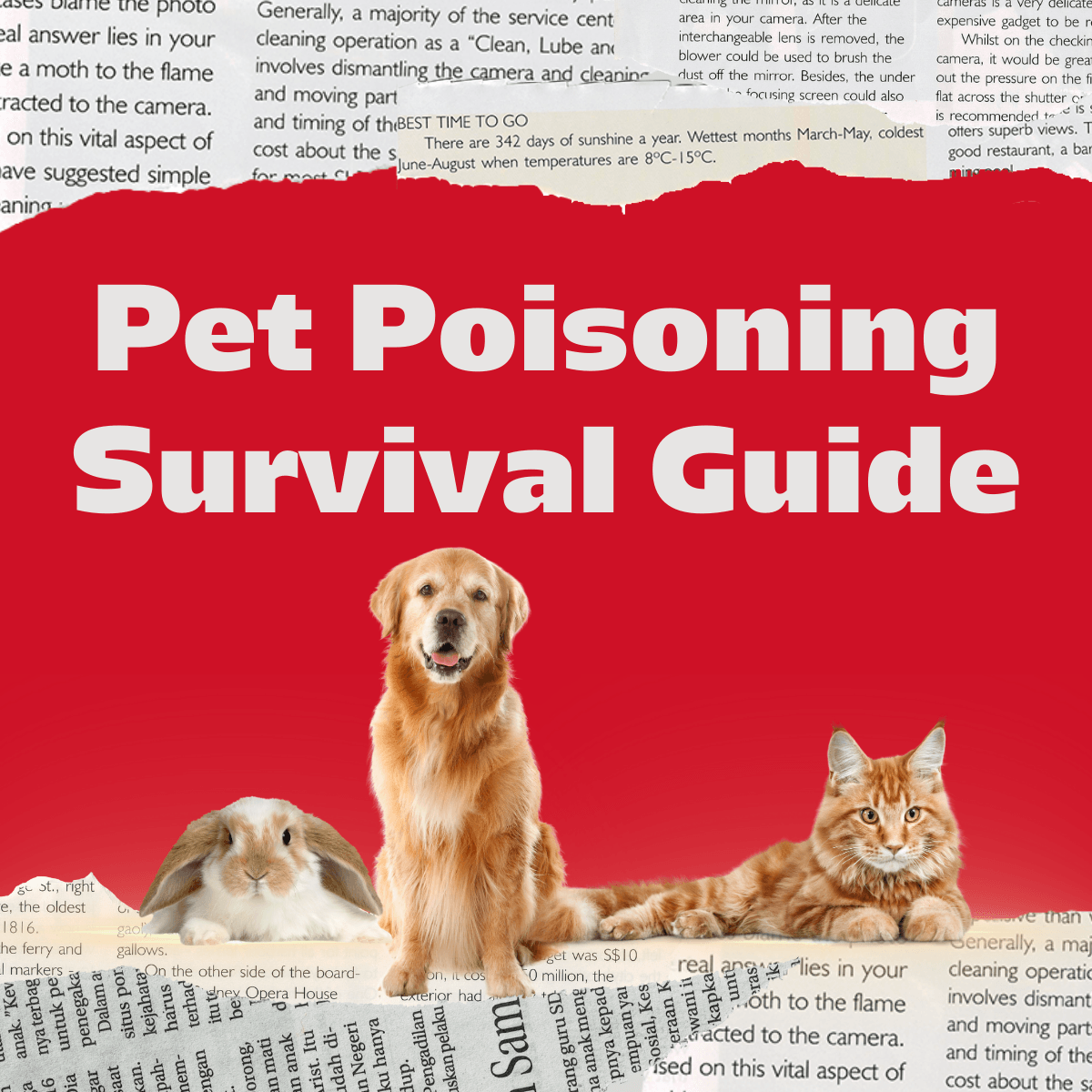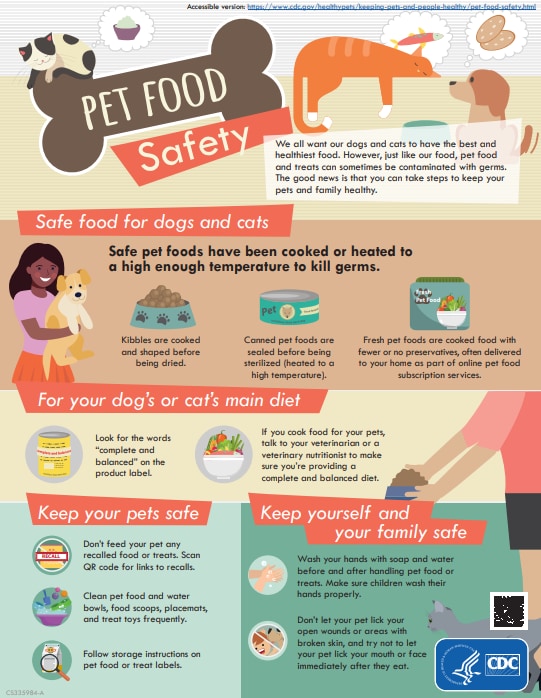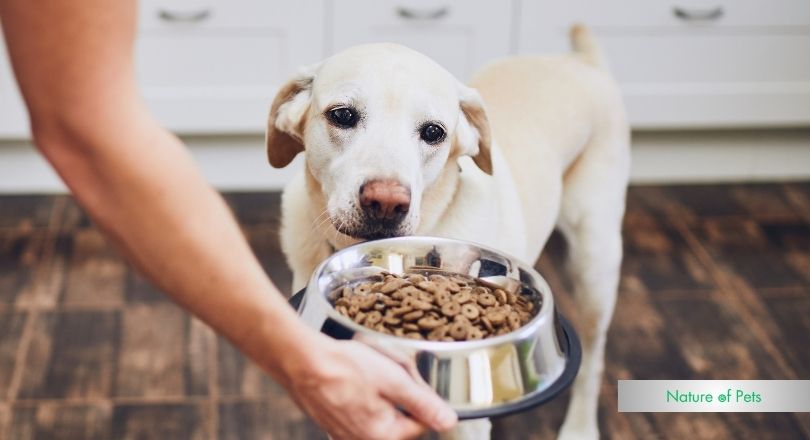If your dog suddenly shows signs of discomfort after eating, you might be worried about food poisoning. You want to help your furry friend quickly, but rushing to the vet isn’t always possible.
What if you could treat dog food poisoning at home, using simple, natural methods? You’ll discover easy steps you can take right now to ease your dog’s symptoms and support their recovery safely. Keep reading to learn how to protect your pet and act fast when every moment counts.

Credit: petworld.co.za
Identify Symptoms Of Food Poisoning
Food poisoning in dogs can happen if they eat spoiled or toxic food. Spotting the symptoms early helps you act fast.
Knowing the signs lets you treat your dog safely at home or get help if needed.
Common Signs In Dogs
Dogs with food poisoning show several clear symptoms. Watch your dog closely for changes.
- Vomiting or throwing up
- Diarrhea or loose stools
- Drooling more than usual
- Weakness or low energy
- Loss of appetite
- Stomach pain or bloating
- Shaking or trembling
- Dehydration signs like dry gums
These signs may appear within hours after eating bad food. Early detection helps prevent serious problems.
When To Seek Vet Help
Some symptoms need quick medical care. Call your vet if your dog shows any of these signs.
- Repeated vomiting lasting more than 24 hours
- Severe diarrhea with blood
- Severe weakness or collapse
- Signs of dehydration like sunken eyes
- High fever over 103°F (39.4°C)
- Difficulty breathing or seizures
- Swelling in the belly or painful abdomen
Prompt vet care can save your dog’s life in serious cases.
Immediate Home Care Steps
If you suspect your dog has food poisoning, act quickly. Early care can help your dog feel better fast.
These steps focus on what you can do at home before visiting a vet. Keep your dog calm and watch closely.
Withholding Food And Water
Stop giving your dog food and water for a few hours. This helps clear out the poison from their stomach.
Usually, withholding for 6 to 12 hours is enough. Check your dog’s behavior during this time for changes.
- Remove all food and water bowls
- Keep your dog in a quiet place
- Watch for vomiting or diarrhea
- After fasting, give small water amounts
Hydration Techniques
After fasting, keep your dog hydrated with small, frequent sips of water. This prevents dehydration.
You can also offer ice chips if your dog refuses to drink. Avoid giving large amounts at once.
- Give water every 10 to 15 minutes in small amounts
- Use a syringe or dropper if needed
- Offer oral rehydration solutions made for pets
- Watch for signs of dehydration like dry gums
Natural Remedies For Recovery
Dog food poisoning can make your pet feel very sick. Natural remedies can help your dog recover safely at home. These remedies support healing without harsh chemicals.
Always watch your dog closely. If symptoms worsen, see a vet right away. Below are safe, natural ways to help your dog heal.
Herbal Treatments
Herbs can soothe your dog’s stomach and reduce inflammation. Some herbs have natural antibacterial effects. Use them gently and in small amounts.
- Ginger helps calm nausea and vomiting
- Chamomile reduces stomach cramps and inflammation
- Slippery elm coats the stomach lining to ease irritation
- Peppermint can relieve gas and bloating
Make a mild tea with these herbs and cool it before giving it to your dog. Do not use oils or extracts without vet advice.
Probiotics And Diet Adjustments
Probiotics help restore healthy bacteria in your dog’s gut. They improve digestion and boost the immune system. Natural probiotic foods are safe for dogs.
- Plain yogurt with live cultures
- Fermented foods like kefir (small amounts)
- Probiotic supplements made for dogs
Feed your dog a bland diet during recovery. Cooked rice and boiled chicken are gentle on the stomach. Avoid fatty or spicy foods until your dog feels better.
Credit: www.lemon8-app.com
Preventing Future Food Poisoning
Food poisoning can make your dog very sick. You can help stop it from happening again. Use safe feeding habits and keep food stored properly.
These steps protect your dog’s health and keep their meals fresh and safe.
Safe Feeding Practices
Feed your dog clean, fresh food every time. Avoid giving old or spoiled food. Watch for any signs of illness after meals.
Clean your dog’s bowls daily to stop germs from growing. Use separate bowls for food and water to keep things hygienic.
- Give fresh food in small amounts
- Throw away leftovers after two hours
- Check food expiration dates before feeding
- Wash bowls with hot, soapy water each day
- Keep your dog away from trash or spoiled food
Proper Food Storage
Store dog food in a cool, dry place. Keep it in sealed containers to stop bugs and moisture. This keeps food fresh and safe.
Refrigerate wet or homemade food if not used right away. Throw out any food that smells bad or looks different.
- Use airtight containers for dry food
- Keep food away from sunlight and heat
- Label homemade food with dates
- Refrigerate leftovers within two hours
- Discard food past the use-by date

Credit: www.cdc.gov
Frequently Asked Questions
What Are The Symptoms Of Dog Food Poisoning?
Symptoms include vomiting, diarrhea, lethargy, and loss of appetite. Watch for signs of distress or unusual behavior.
Can I Treat Dog Food Poisoning With Home Remedies?
Yes, activated charcoal can help absorb toxins. Offer small amounts of bland food like boiled chicken and rice.
Is There A Natural Way To Soothe A Dog’s Stomach?
Ginger tea can help ease nausea. Ensure it’s cool before serving in small amounts.
How Long Does Dog Food Poisoning Last?
Mild cases may resolve in 24-48 hours. Severe cases need veterinary care immediately.
When Should I Contact A Vet For Food Poisoning?
If symptoms worsen or persist beyond two days, seek veterinary assistance. It’s crucial for your dog’s health.
Conclusion
Treating dog food poisoning at home requires quick and careful action. Give your dog plenty of water to stay hydrated. Offer bland foods like boiled rice and chicken in small amounts. Watch for signs like vomiting, diarrhea, or weakness. Keep your dog calm and rested.
Clean their eating area to prevent more illness. Natural remedies can help, but do not delay vet visits if symptoms worsen. Knowing these steps helps protect your dog’s health. Stay alert and care for your pet with patience and love.

